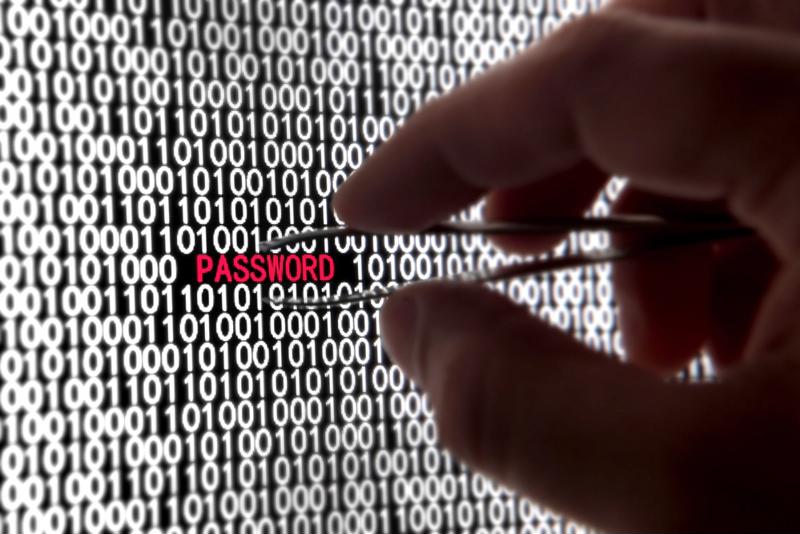In recent years, the major hacking attacks on retailers' and other websites have gained a lot of infamy. And unfortunately, one recent issue has arisen which specifically impacts the security of personal data and medical information for a large number of veterans. This incident not only highlights how vulnerable everyone's data may be – even if it's stored on a government website – but also how important it is for people to understand the best practices for securely using the internet on a daily basis.
The hack in question impacted the eBenefits website run by the U.S. Departments of Veterans Affairs and Defense, and put a lot of information at risk for potentially millions of veterans nationwide, according to a report from Seattle television station KING 5. One victim, whose account was improperly accessed twice in a six-month period, said that the direct deposit for his monthly disability check was moved to an account he did not recognize both times the incidents happened.
"Why would I change my bank account and put it on a Green Dot card? Why?" veteran Marvin Corbin, told the station. "I'm like, 'The landlord isn't going to understand this,' and we [were] like 'Other creditors ain't either.'"

More details
While the VA has not revealed the source of the problem at this time, it does seem to be widespread, the report said. Specifically, the VA added that it's "too early to draw any conclusions" about why the attacks were happening.
But nationwide, some 713 veterans have filed at least one report with the agency since last year, the report said. Corbin further noted that because of the hacking attacks he's suffered, he no longer uses that site to handle his finances, despite the convenience it is supposed to bring.
What else can veterans do?
In hacking incidents like this, consumers regardless of former military status may not have a lot of ways in which they can protect themselves. However, everyone should still follow basic cybersecurity measures to make themselves far less likely to be impacted. That should include having a unique password that includes letters, numbers, and symbols, and isn't something that could be easily guessed like a birthday, pet name, or the like. In fact, many experts recommend that passwords be totally random, and involve at least 10 characters, to ensure that they will be extremely difficult to crack. These passwords should also be changed every six months or so.
Likewise, veterans and others should make sure they're careful about the websites and especially the email attachments they click on. That's because viruses and other malware can come in even the most innocuous-looking packages. This is also true of downloading apps on some mobile platforms. Having anti-virus and firewall software, and so on, will go a long way toward protecting personal, financial, and medical data for veterans and civilians alike.
That, in turn, can provide significant peace of mind for people as they go about their daily lives in an increasingly online world.

